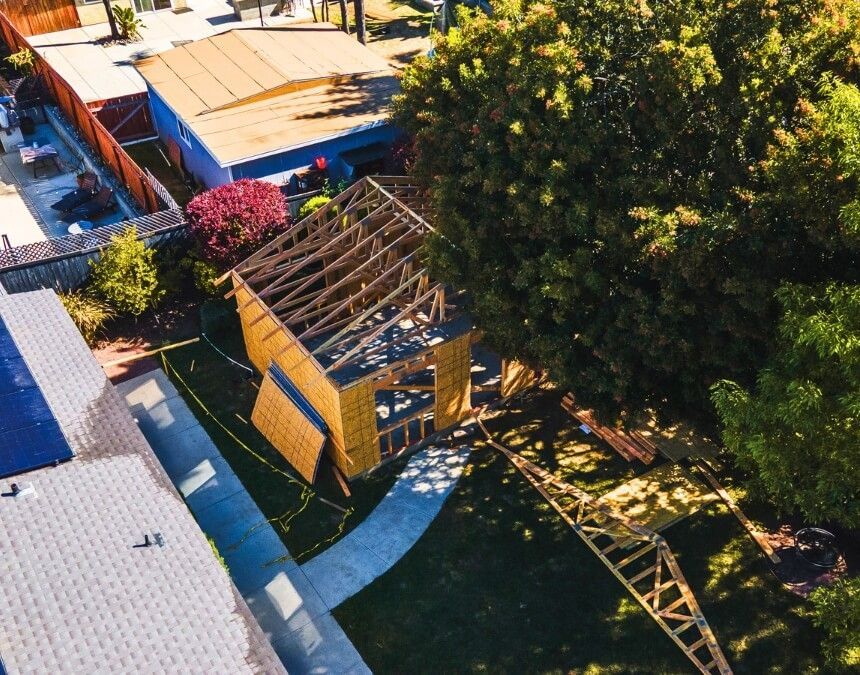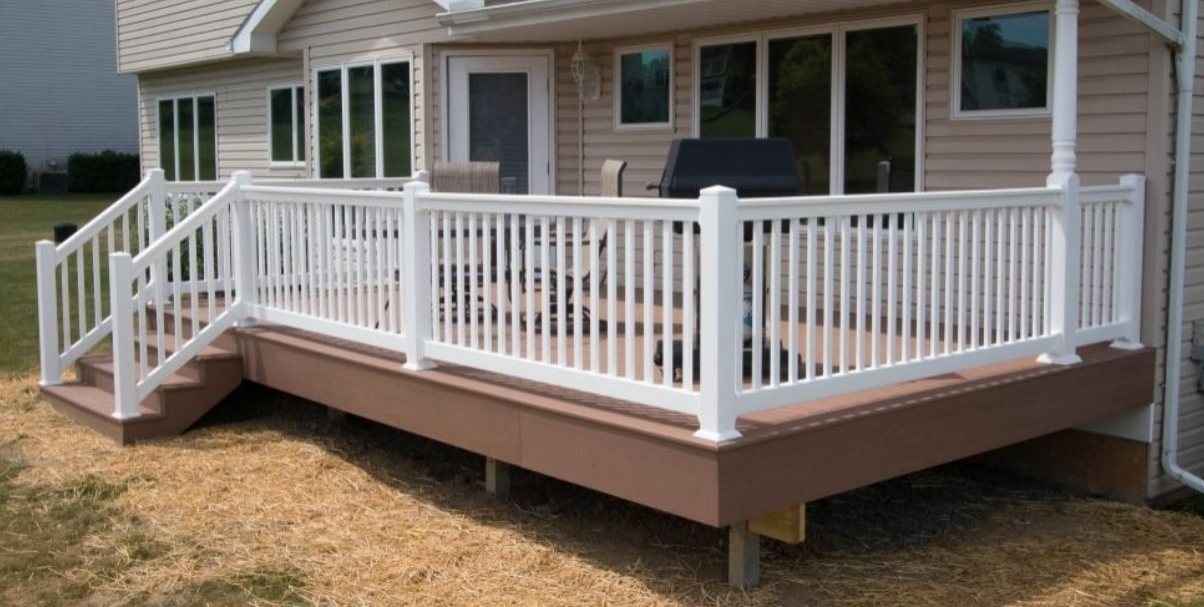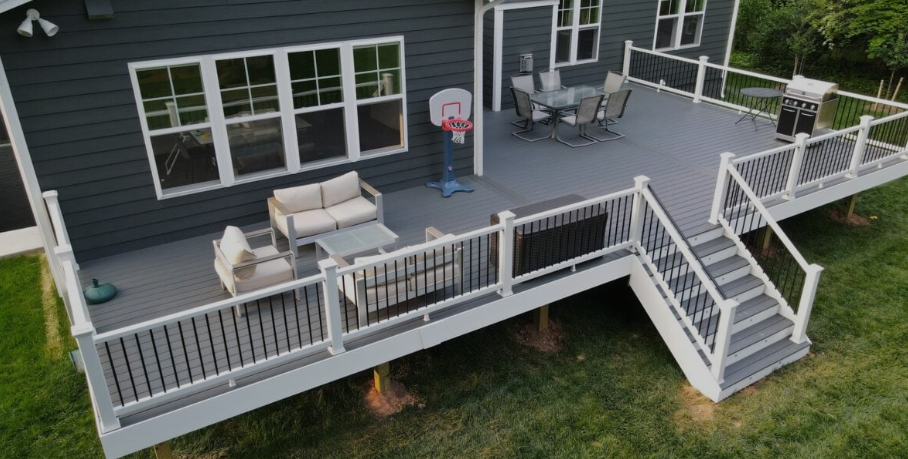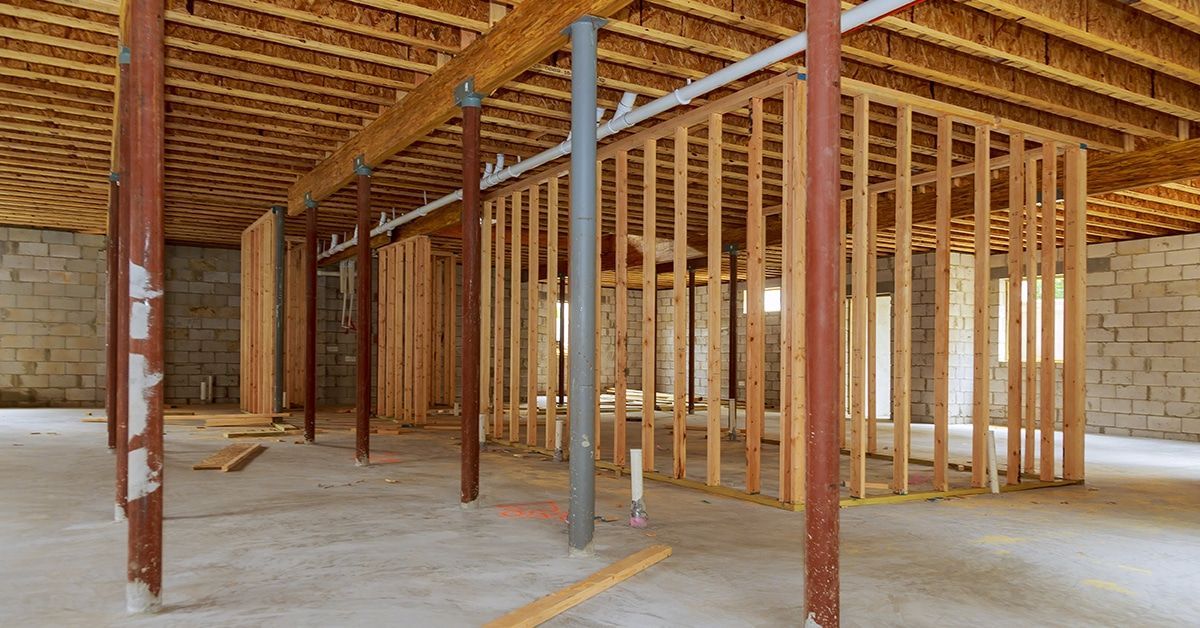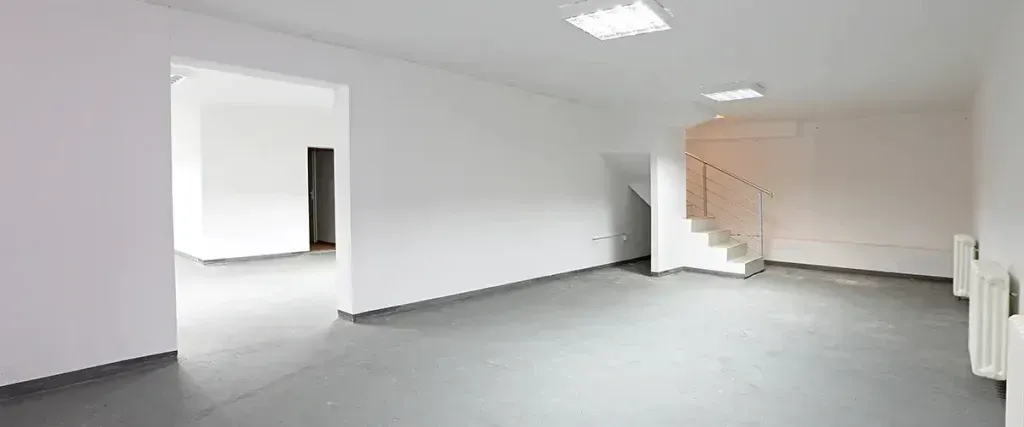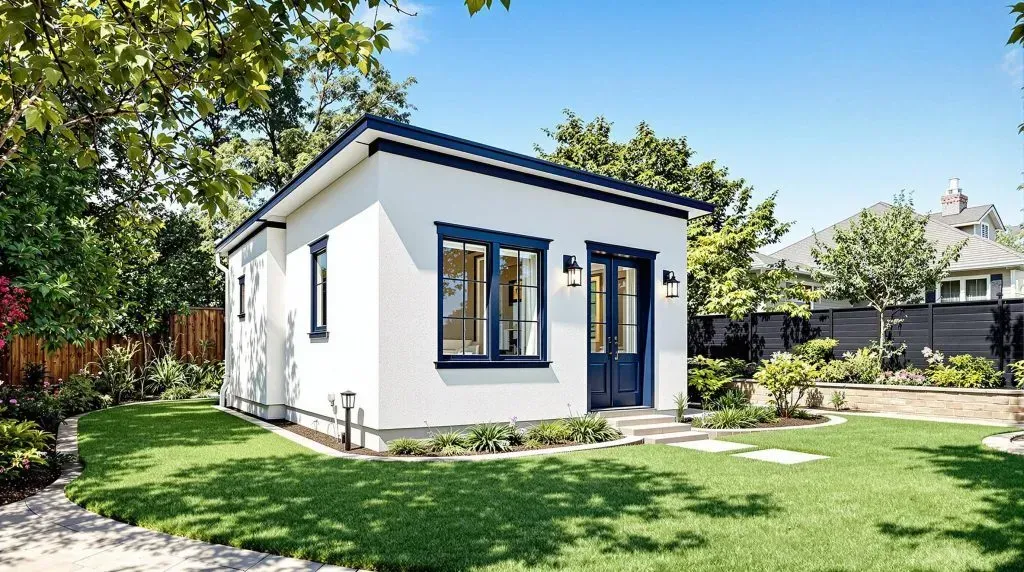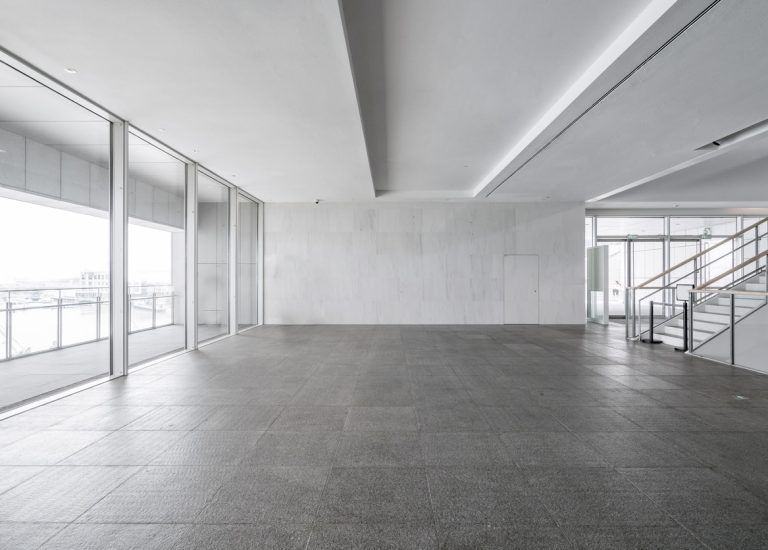How to Choose the Right Patio Installer in Rhode Island
Looking to transform your outdoor space in the Ocean State? A beautiful patio can dramatically enhance your Rhode Island home's value and your quality of life. But finding the right patio installer in Rhode Island requires some homework. With our unpredictable New England weather and unique coastal considerations, choosing a qualified professional makes all the difference between a patio that lasts decades and one that needs repairs after a single winter.
Understanding Rhode Island's Unique Patio Installation Challenges
Rhode Island's climate presents specific challenges for patio installations. From the salty air in coastal Newport and Narragansett to the temperature swings in Providence and Cranston, proper installation techniques are essential. Professional Rhode Island patio installers understand these local conditions and how to address them properly.
Experienced contractors know which materials work best in our oceanside communities versus inland areas like Warwick or West Warwick. They'll recommend appropriate drainage solutions for areas prone to flooding and select materials that can withstand our freeze-thaw cycles.
What to Look for in a Rhode Island Patio Installation Company
When searching for the perfect patio installer in the smallest state, keep these important factors in mind:
Local Experience and Knowledge
A patio contractor who has installed dozens of patios in RI will understand the soil conditions and building requirements that someone from out of state simply won't. Ask potential installers about their experience specifically with Rhode Island projects in towns similar to yours.
Look for contractors who understand the permitting processes in your specific municipality, whether you're in East Providence, Woonsocket, or a smaller town like Bristol or Warren. Local knowledge speeds up your project and helps avoid regulatory headaches.
Rhode Island Licensing and Insurance
Always verify that your patio installer holds proper Rhode Island contractor licenses. The state requires registration with the Contractors' Registration and Licensing Board for anyone performing residential construction work. This protects you as a homeowner and ensures certain standards are met.
Additionally, confirm they carry liability insurance and workers' compensation coverage specific to Rhode Island requirements. This protects you from potential liability if accidents occur during your patio installation.
Portfolio of Rhode Island Patio Projects
Ask to see examples of completed patio installations throughout Rhode Island. A reputable installer should proudly showcase their work in various communities from Block Island to Cumberland. Look for projects similar to what you're envisioning and, if possible, projects that have withstood several Rhode Island winters.
Pay attention to the diversity of materials they work with. Can they install natural stone patios, concrete pavers, or brick? The best Rhode Island patio contractors offer versatility and can help you select materials appropriate for your specific location, whether you're near the Narragansett Bay shoreline or in the western part of the state.
Questions to Ask Potential Rhode Island Patio Installers
Before hiring a patio contractor, consider asking these important questions:
How Do You Handle Rhode Island's Weather Conditions?
Quality installers will explain how they account for drainage, frost heave protection, and material expansion in their patio installation process. They should discuss how they prepare the base of your patio to withstand Rhode Island's winter freeze-thaw cycles and occasional coastal flooding.
What Materials Work Best for My Specific Rhode Island Location?
Whether you're in a historic East Side neighborhood in Providence or a waterfront property in Jamestown, different materials may be more appropriate based on aesthetics, durability, and local conditions. A knowledgeable installer will provide options that complement your home's architecture while standing up to local weather patterns.
What's Your Typical Timeline for Rhode Island Patio Projects?
Understanding the installation timeline helps you plan accordingly. Most quality patio installations in Rhode Island take place during our spring through fall construction season, though preparation work can sometimes begin in late winter. Professional installers should provide a realistic schedule taking into account potential weather delays common in New England.
Red Flags When Selecting a Patio Installer in Rhode Island
Watch out for these warning signs when evaluating potential contractors:
No Rhode Island References
If a company can't provide references from satisfied customers in nearby communities like Pawtucket, Barrington, or North Kingstown, consider it a major red flag. Local references allow you to verify the quality of their work and customer service.
Unusually Low Estimates Compared to Other Rhode Island Contractors
While everyone loves a good deal, patio installation prices that seem too good to be true usually are. Quality materials and proper installation techniques in Rhode Island aren't cheap. Extremely low bids often indicate corners will be cut, particularly in critical areas like base preparation that affect your patio's longevity.
Pressure to Skip Permits or Proper Preparations
Some towns in Rhode Island have strict zoning and building codes, especially in historic districts or coastal areas. Reputable installers will handle the permitting process properly and never suggest bypassing local regulations. This protects you from potential fines and ensures your patio installation meets safety standards.
Making Your Final Decision on a Rhode Island Patio Installer
After narrowing down your options, consider these final steps:
- Visit current or recent patio installation sites in nearby Rhode Island communities if possible.
- Check online reviews specifically mentioning patio projects in Rhode Island towns.
- Verify all credentials with Rhode Island's contractor licensing board.
- Get a detailed contract specifying materials, timeline, payment schedule, and warranty information.
- Ask about maintenance recommendations specific to your Rhode Island location.
Why Professional Patio Installation Matters in Rhode Island
While DIY projects can be tempting, professional patio installation ensures your outdoor space will withstand Rhode Island's challenging climate. From properly grading for our heavy rainfalls to selecting materials that resist damage from road salt and coastal conditions, professionals bring valuable expertise to the table.
A properly installed patio adds significant value to your Rhode Island home and provides decades of enjoyment with minimal maintenance. Whether you're in urban Providence, suburban Cranston, or coastal South Kingstown, investing in quality installation pays dividends over time.
Finding Your Perfect Rhode Island Patio Partner
The right patio installer for your Rhode Island home will combine technical expertise, design vision, and understanding of local conditions. They'll guide you through the entire process from initial design concepts through final installation, helping you create an outdoor space perfectly suited to the Ocean State's unique environment.
By taking time to research, interview, and carefully select your patio installer, you're laying the groundwork for a successful project that enhances your Rhode Island home for years to come. Your perfect outdoor space awaits—start your search for a qualified Rhode Island patio installer today!
Contact Rockhouse Construction today to get started on your patio installation!
